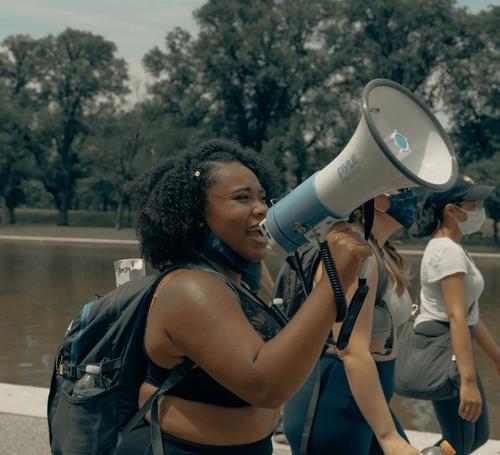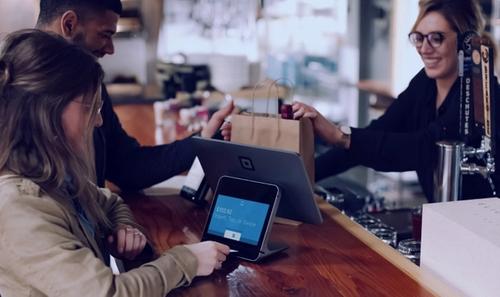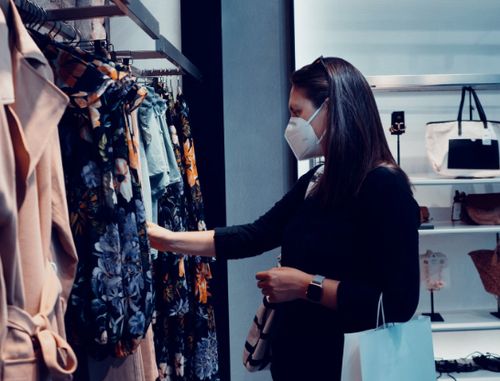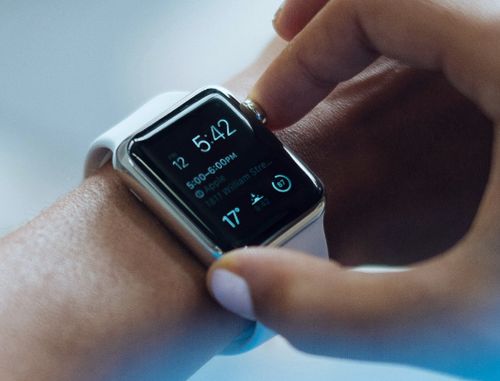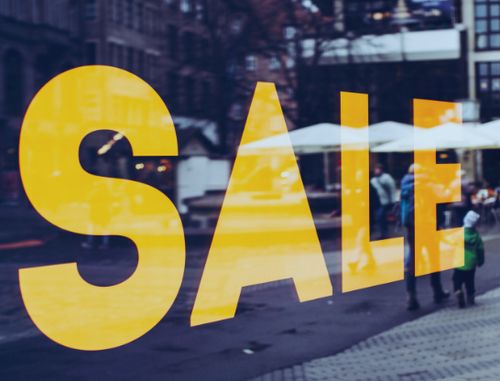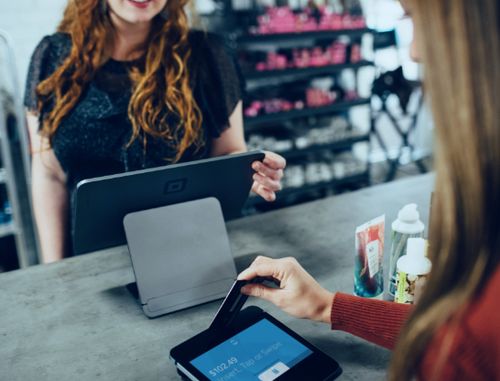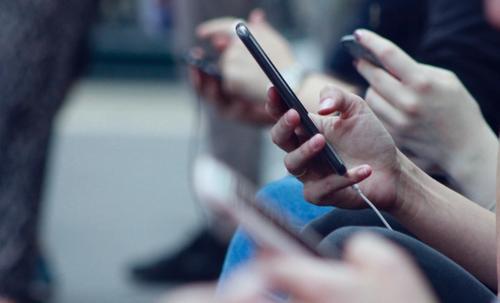As society reels from the upending effects of the coronavirus pandemic, we are being conditioned to be more cautious and wary. Is our collective inclination to trust being affected? Might people’s attitudes and confidence towards the brands and companies they know change as a knock-on effect from pandemic-induced wariness?
To explore and apply further insights about post-Pandemic consumers for your sector, business, or brand, please contact:
Suresh Raj
hello@v7international.com
